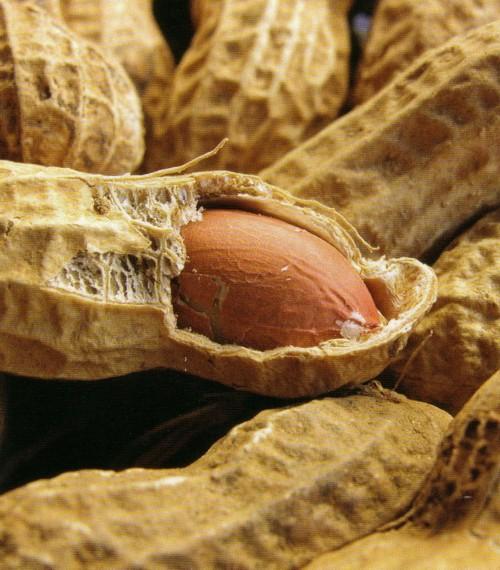
What you eat before giving blood could cause a severe allergic reaction in people who receive that blood, according to findings by food scientists, including two from the University of Nebraska-Lincoln.
A 6-year-old boy in the Netherlands who received a transfusion suffered an allergic reaction because three of the five donors had eaten peanuts the night before their donation, according to a report in the May 19 New England Journal of Medicine.
Joe Baumert and Stef Koppelman, UNL food scientists, were co-authors of this report, along with colleagues in the Netherlands. They have studied digestion-resistant proteins and allergens in peanuts and Baumert provided key reagents and analytical testing needed for this study.
The boy received the transfusion as part of his treatment for blood cancer. Shortly thereafter, he experienced a rash, low blood pressure, swelling and had difficulty breathing, the scientists wrote in the journal. The boy was resuscitated.
Testing confirmed his symptoms were caused by an allergic reaction and, as doctors tried to determine the specific cause, the boy's mother recalled he'd had a similar reaction after eating peanuts when he was 1. Since that time, peanuts had been excluded from his diet.
Three of the five blood donors, contacted after the transfusion reaction, recalled eating several handfuls of peanuts the evening before donation. Further tests on the boy, conducted by Baumert, confirmed he had a peanut allergy. The allergic reaction happened, the researchers said, because the major peanut allergen resists digestion.
Although this is the first clinical report of such an occurrence, it's possible similar cases have gone unreported, the scientists wrote.
Baumert said it's important not to overreact to the finding.
"This was only one person, a limited study," he said, adding that the boy's immune system was compromised because of his illness.
"This could be an extremely rare case when all the right conditions came together, unfortunately," Baumert said. "But we do need to be more aware of the possibility that allergic reactions could occur in this manner" and conduct further research.
Steve Taylor, another UNL food scientist who's long studied allergens, said, "This documents a potential risk to peanut-allergic individuals from a simple blood transfusion. More study is needed to determine if this is an isolated case or if blood banks need to ask questions about history of peanut ingestion before collecting blood."